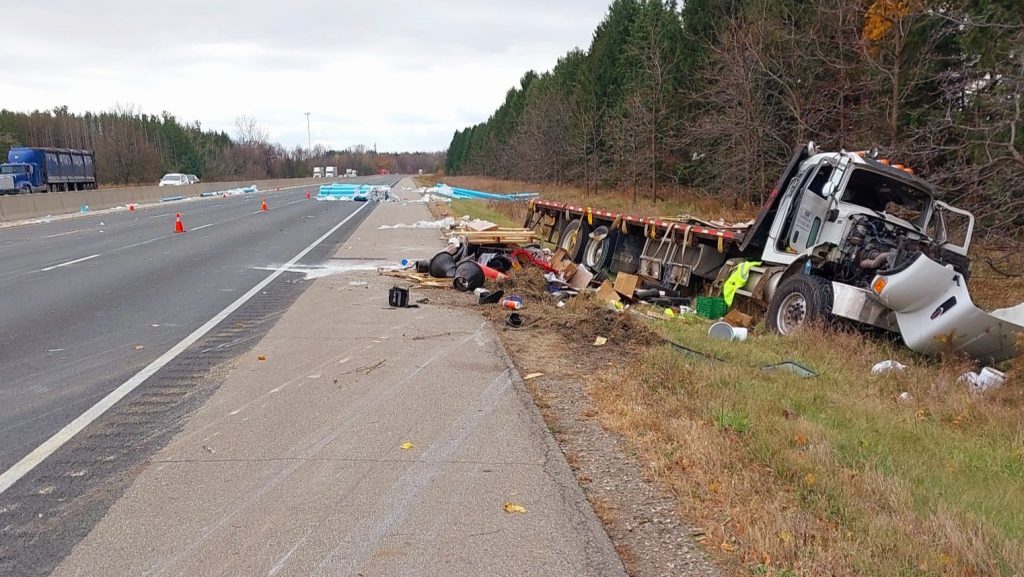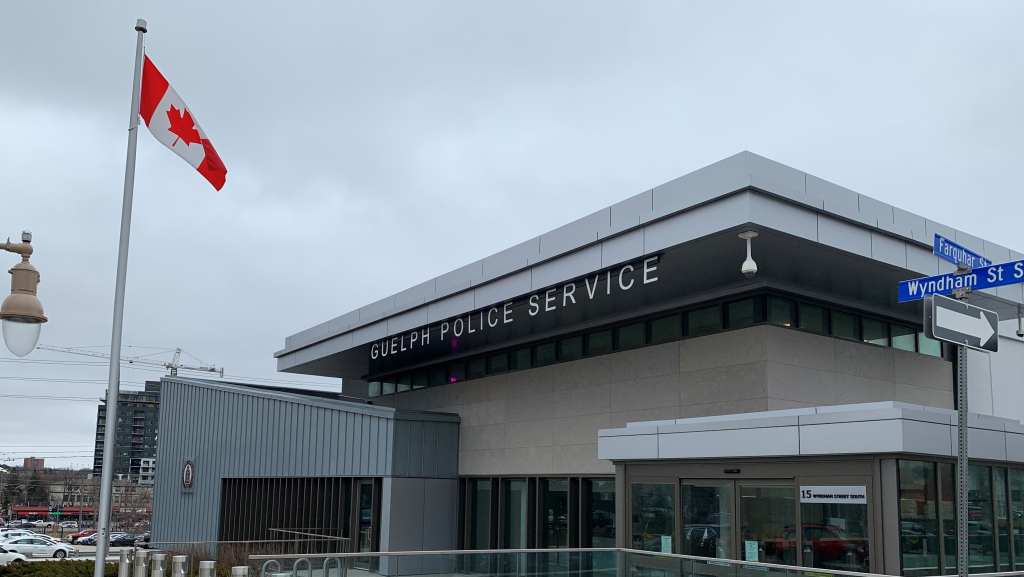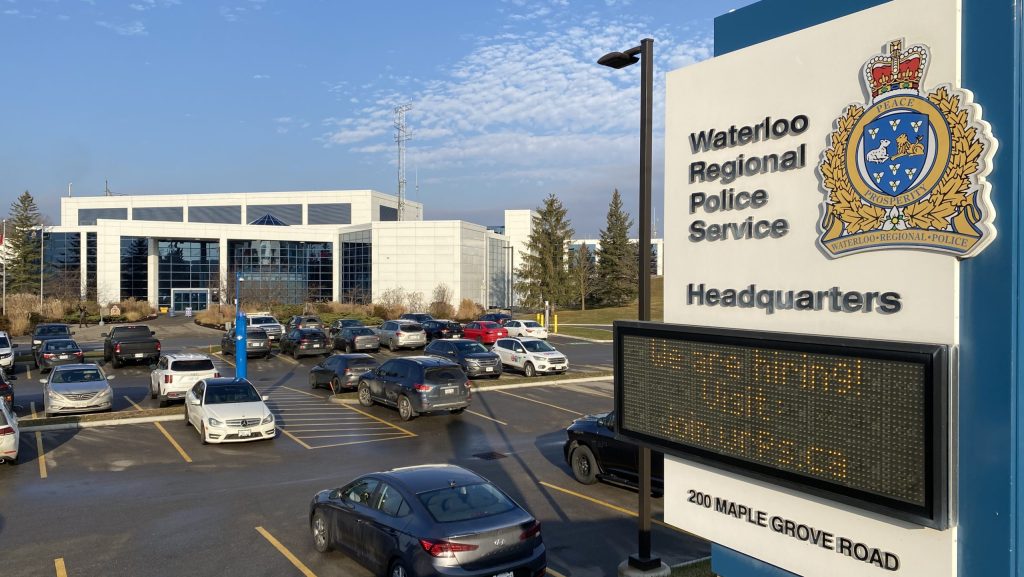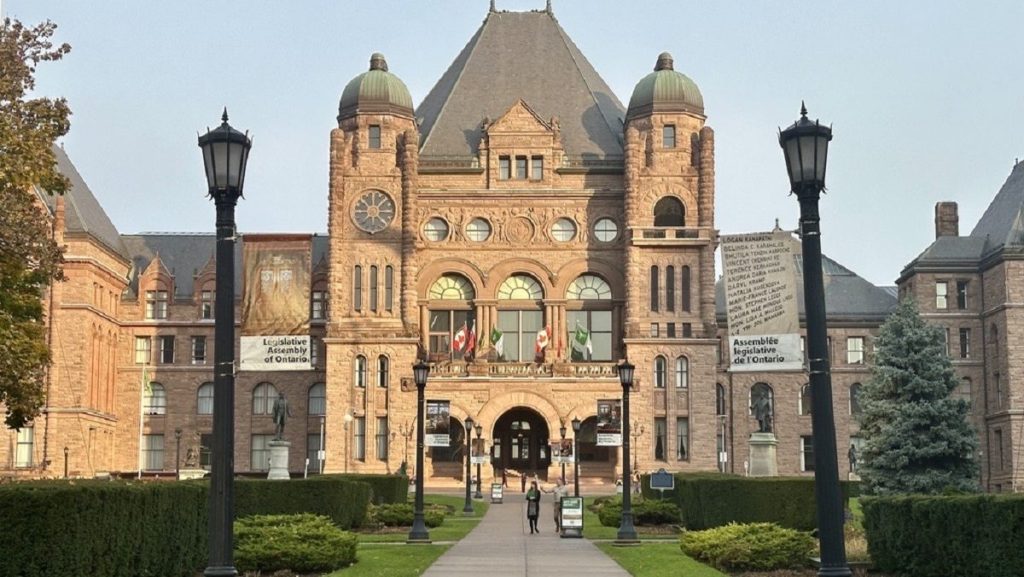Cambridge agencies seeing an increase in domestic violence
Posted Jul 22, 2022 12:38:00 PM.
Agencies like the YWCA Cambridge are seeing a drastic increase in needs for their services from people experiencing domestic violence locally.
“Home isn’t always a safe place,” Rosalind Gunn, the director of communications and advocacy for YWCA Cambridge says.
“We're seeing its getting worse and worse for them. The pandemic created that perfect storm and women’s employment took the biggest hit.”
The pandemic amplified problems that already existed, added Gunn, such as women often taking lower paying jobs due to taking on majority of the childcare responsibilities. The pandemic added isolation, school closures and financial strain on to families, creating more stress inside households which creates more domestic violence.
It wasn't just women affected by the pandemic, children and youth are reporting high rates of domestic violence as well as members of the LGBTQ2S+ community, Gunn says.
The Waterloo Region Child and Witness Centre reported a record setting year with a large increase in investigations.
2021-22 was a record setting year at the Waterloo Region #CYAC. There was a 21% increase in the number of investigations compared with last year!
Our partners in this #collaborative include @facswaterloo, @WRPSToday, and @WomensCrisisSWR.
Learn more: https://t.co/47aQsqUWXT pic.twitter.com/g4dX59N9Ay
— Child Witness Centre (@ChildWitnessCtr) July 14, 2022
This past May the Waterloo Region Shelter Movers had their busiest month to date with July set to take second.
Shelter Movers provide a no cost moving service to survivors of abuse and their children, so they can transition to a life free of violence. They work with agencies like YWCA Cambridge to support clients referred to them.
They typically move 11 clients per month, in May they helped 18.
The director of the Waterloo Region chapter, Courtney Waterfall says Shelter Movers has seen a 30 per cent increase in need for their services since the pandemic started.
Between 90 to 95 per cent of the people they help move are women and most do have at least one child, Waterfall said.
“It happens to everyone. There is a lot of stereotypes. We’ve moved people out of million dollar homes,” Waterfall says.
They now have over 170 volunteers in the region helping them with more being on-boarded everyday.
The volunteers are not trained therapists or counsellors but do receive crisis and intervention training.
Waterfall mentioned they have three different types of move options from resettlement, meaning the person is already living in a shelter or with friends to an urgent exit, where a client is still living in the abusive home.
Shelter Movers help anyone of any gender experiencing abuse of any form.
Women will usually return to an abusive home six or seven times before they are okay to move on, Waterfall says, which is why wraparound services like theirs and YWCA Cambridge are needed.
The Waterloo Region chapter opened December 2020, out of interest from the community and a gap that needed to be filled. They are the newest and sixth branch to open in Canada.
“Domestic violence is on the rise, family violence is on the rise,” Gunn says.
“We cannot meet the demand.”
Without proper supports and agencies like YWCA Cambridge to help them, many people facing domestic violence end up in an emergency shelter or living homeless due to financial hardships.
A recent study that was released earlier this month was conducted by Gunn at YWCA Cambridge and it's partner agencies, called 'Project Willow.' It looked into violence homeless women and gender-diverse individuals face while navigating living on the street or using emergency services in Waterloo Region.
They found that most participants had experienced some form of violence almost everyday on the street or in shelter. Close to 79 per cent of participants in the survey thought bringing trauma and mental health supports to the women’s emergency shelter would help with their mental health and moving forward.
“I can say very happy to hear that you guys are wanting to address the safety of women in general because the violence has escalated and I’m glad to see someone finally take initiative to start taking notice, though we’ve already lost too many people,” said a participant in the survey who wishes to remain anonymous.
Many of the participants in the survey say there needs to be more services within the shelter system such as recreational activities to help empower the people staying there and that more mental health supports are needed to address why the women became homeless in the first place.








